- Over 200 IDPs in Ponnagyun struggle without shelter, food aid
- Junta airstrikes inflict deep psychological trauma on children in Arakan State
- Photo News: Over 200 IDPs in Ponnagyun in urgent need of shelter assistance
- Two children injured by UXO in Mrauk-U struggle to afford medical care
- High hepatitis cases hit children in Arakan State
Sittwe residents detained while fleeing town still in custody
Some 200 residents attempted to flee Sittwe by boat on April 20 for fear that fighting may soon break out between the regime and Arakkha Army (AA) in the town. They were shot at and stopped by junta troops deployed on Kantkaw Island.
25 Apr 2024
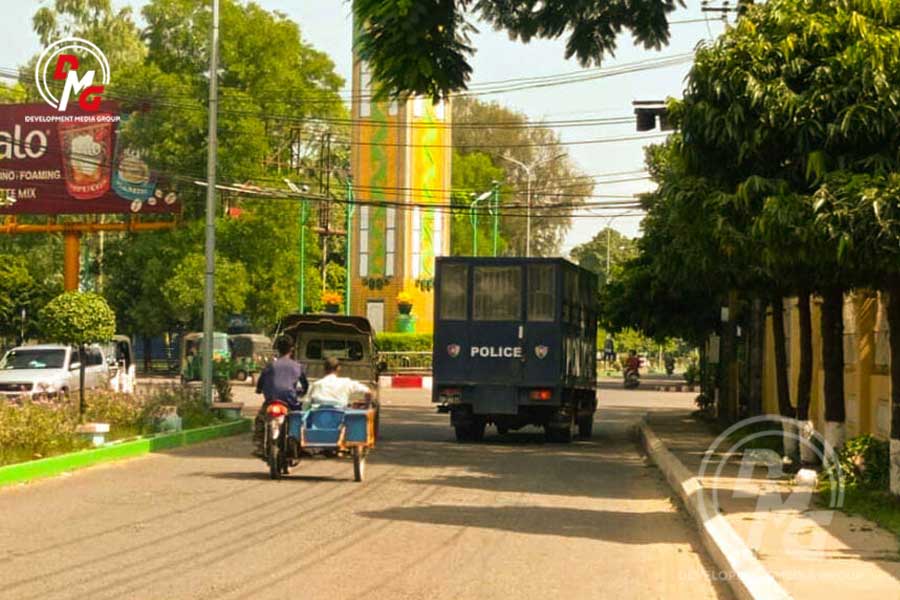
DMG Newsroom
25 April 2024, Sittwe
Over 100 Sittwe residents detained by the regime while fleeing from the Arakan State capital are still in custody.
Some 200 residents attempted to flee Sittwe by boat on April 20 for fear that fighting may soon break out between the regime and Arakkha Army (AA) in the town. They were shot at and stopped by junta troops deployed on Kantkaw Island.
Three people were killed and around 10 others were injured. More than 100 people were arrested.
“The detainees are still in custody. Family members still can’t contact them. We heard they are being held at No. 1 Police Station in Sittwe,” said an escapee.
Among the detainees are children and elderly persons.
“They are innocent. They were just fleeing fighting, and we ask for their immediate release,” said a family member of one detainee.
Since the AA has seized most of the townships in northern Arakan State, the regime has beefed up security in Sittwe, and planted landmines and naval mines around the town.
Residents have been leaving Sittwe and Kyaukphyu towns after the AA chief told them earlier this month to evacuate from their homes as the ethnic armed group was preparing for a decisive battle.
The regime has gone to extreme lengths to deter residents from leaving, including destroying boats and firing shots at people on sight.
“It is not safe to continue to live here. But if we are to go to a safe place, we might get arrested or injured or killed in mine blasts. We are in trouble,” said a woman from Sittwe.
While many residents have left Sittwe, some are still trapped in the town due to financial difficulties, and/or because they are unwilling to risk mines and gunfire to escape.




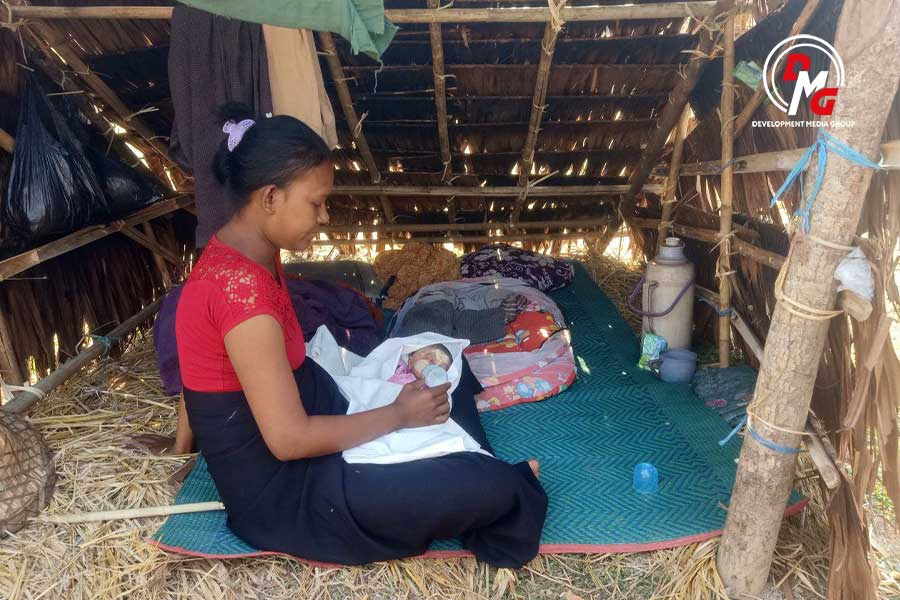
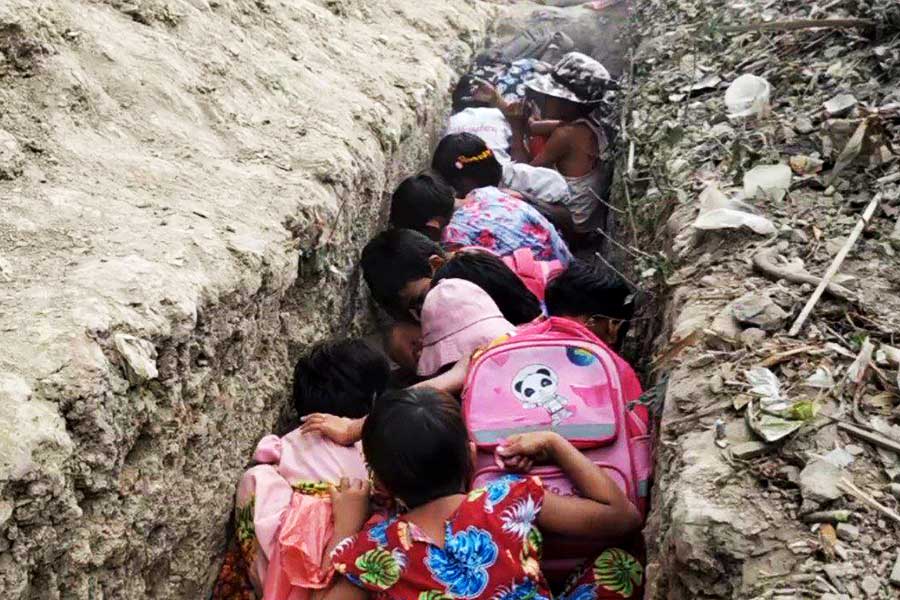
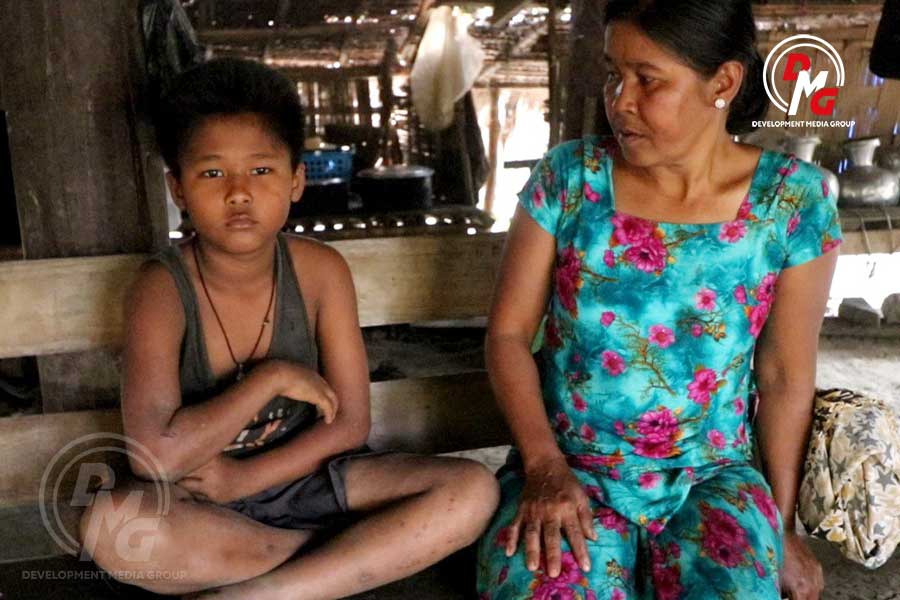
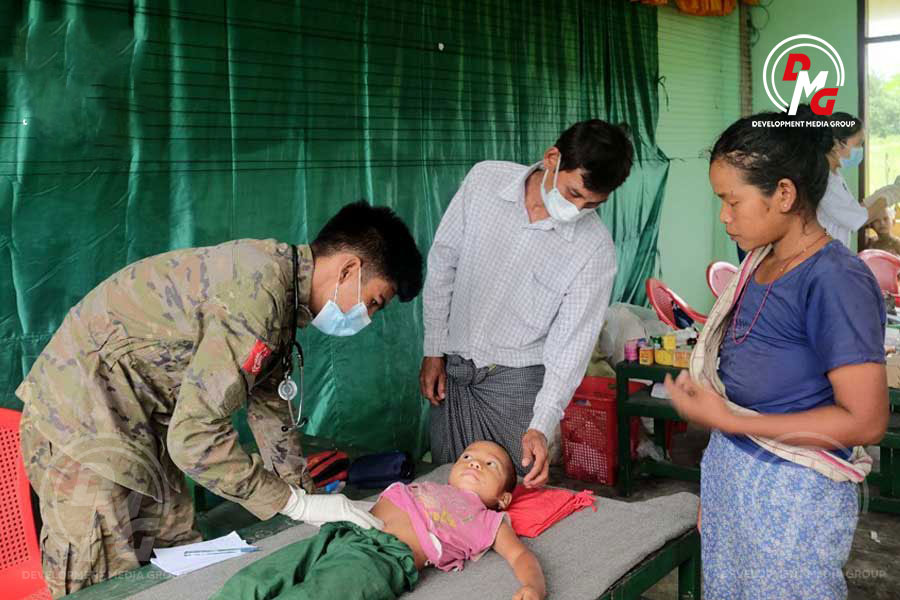
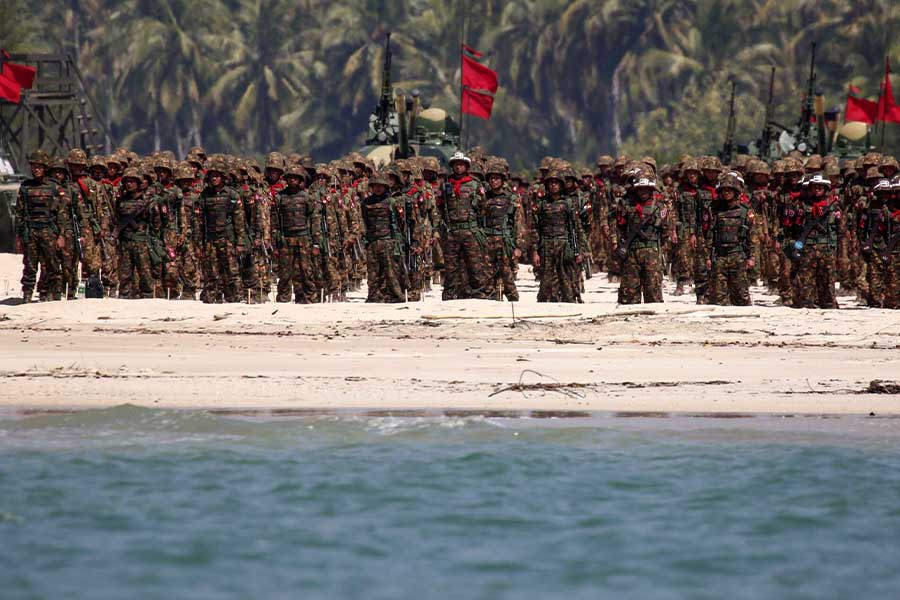








.jpg)